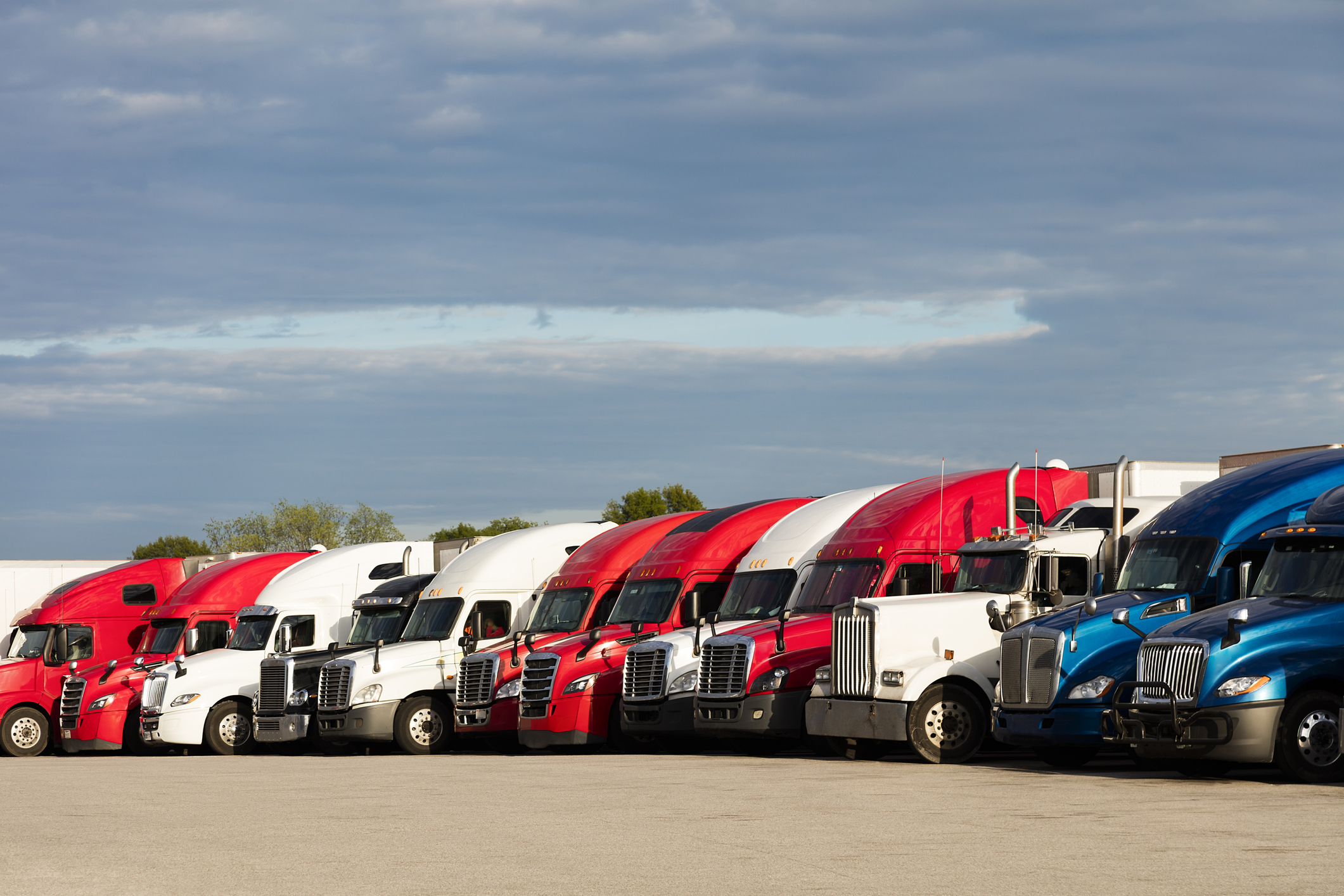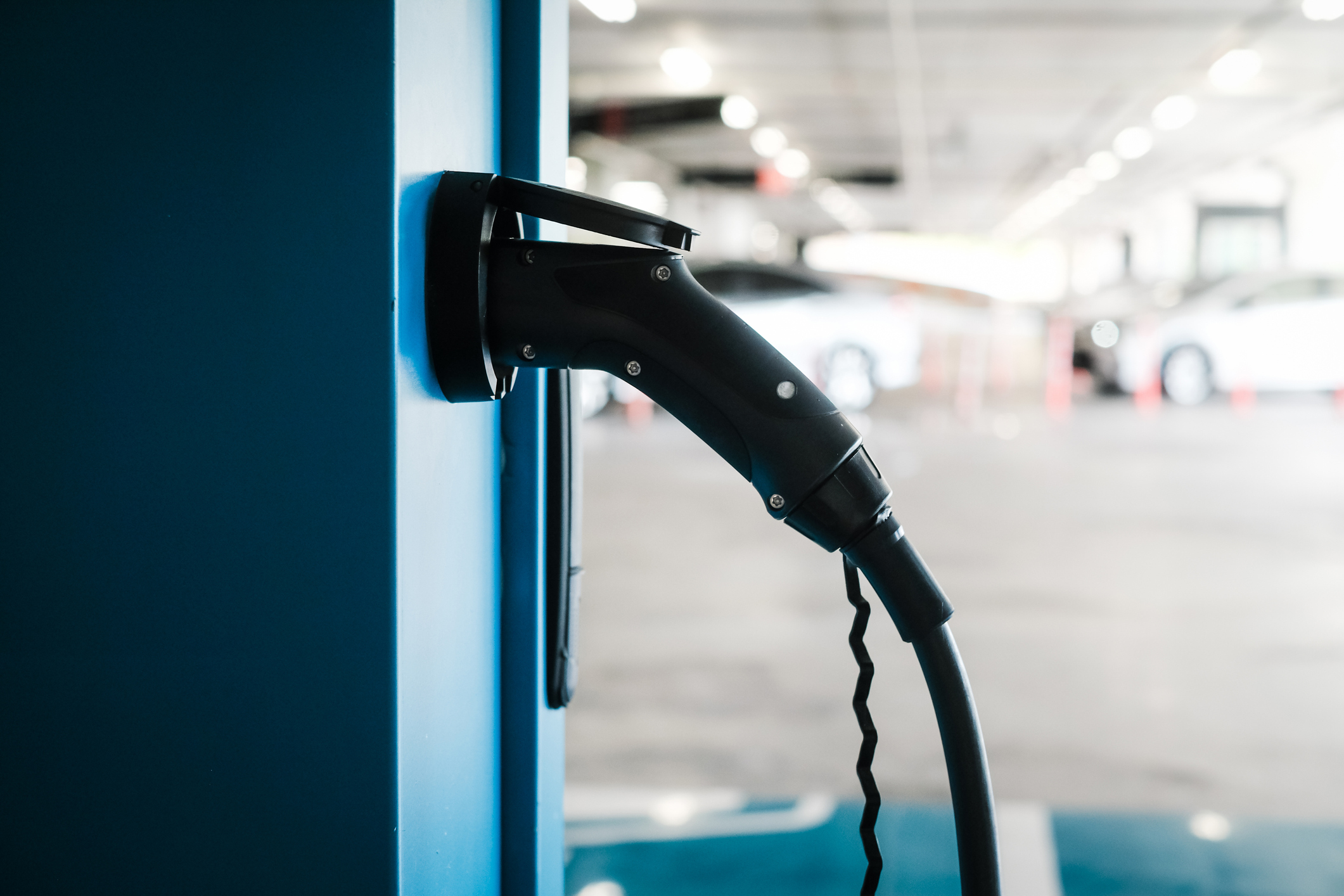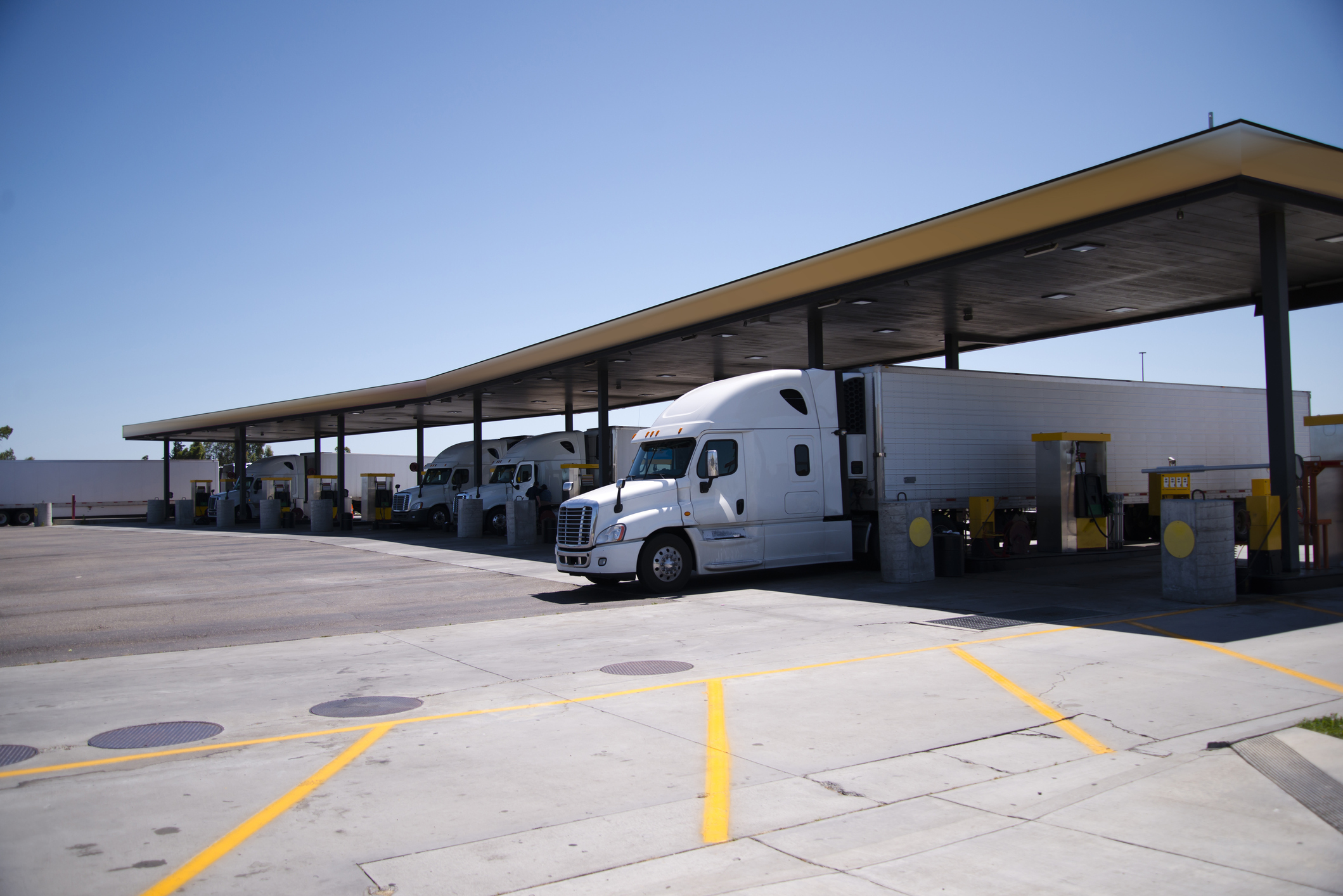
Tips for Winterizing Your Bulk Fuel Tanks
With winter just around the corner, there’s no time like the present for ensuring your bulk fuel storage tanks are cold weather-ready. So when cold temperatures set in, your fuel is protected from...


With winter just around the corner, there’s no time like the present for ensuring your bulk fuel storage tanks are cold weather-ready. So when cold temperatures set in, your fuel is protected from...

Fueling a fleet vehicle is simple, right? It takes only a few minutes of your drivers’ time. They just zip up to the pump, swipe their fuel card, fuel their vehicle, and hit the road.

Fuel prices are always a top concern for fleet managers. But with prices currently through the roof, focusing on fuel efficiency is more important than ever for running a profitable fleet and...

With fuel being the second-largest total cost of ownership expense after depreciation, controlling fleet fuel costs and getting the most from every fuel dollar is key to running a profitable...

With the benefits electric vehicles (EV) can bring to the bottom line, it’s no surprise that fleet managers are increasingly exploring EV adoption. Beyond reduced carbon emissions, becoming a more...

When it comes to operating costs for fleets, what a difference a year makes. In the 2020 calendar year, feet operating costs were lowered, as many fleet vehicles were idled because of the COVID-19...

Whether it’s directly or indirectly, weather can significantly impact day-to-day operations in several ways. In addition, each season throughout the year brings unique challenges that fleet managers...